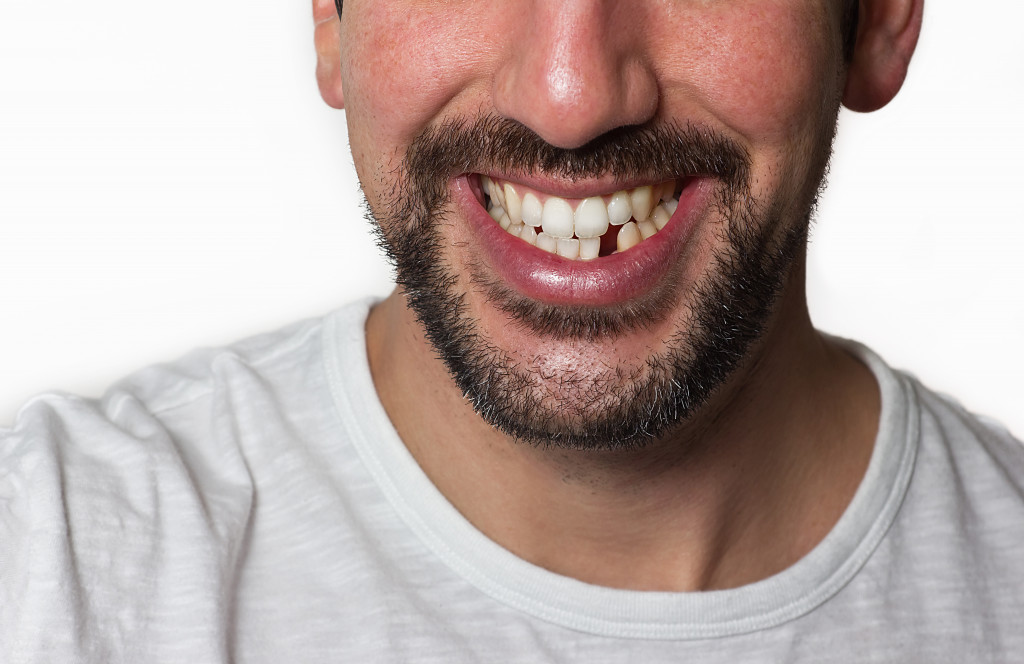- Timely action following tooth dislodgement improves chances of successful re-implantation, preserving oral health and a natural smile.
- Preparedness for dental emergencies involves having a plan, knowing emergency dental services locations, and having the necessary equipment on hand.
- Preserving a knocked-out tooth involves careful handling and storage in saliva, milk, or a preservation solution until professional care is available.
- Prevention of dental emergencies involves maintaining good oral hygiene, avoiding chewing on hard objects, and regular dental check-ups.
Losing a tooth is common, often resulting from accidents, sports injuries, or severe tooth decay. Irrespective of the cause, knowing the right steps to take when confronted with a knocked-out tooth is essential. Timely and appropriate action can mean the difference between saving and losing the tooth permanently, as the clock begins ticking when the tooth is dislodged.
Understanding the best strategies to deal with a knocked-out tooth can dramatically improve the chances of successful re-implantation, preserving one’s oral health and the integrity of a natural and confident smile.
Immediate Steps to Take
When a tooth gets knocked out, taking immediate action is crucial. For the unprepared, this can be a traumatizing experience. Panic and uncertainty may cloud judgment, potentially leading to improper tooth handling and diminishing the chances of successful re-implantation. So here are some tips on how to help you out:
First Response
Reacting quickly and properly after a tooth has been knocked out can save a person’s smile. Once a tooth has been knocked out, the first thing to do is to retrieve the tooth and get to a dentist as soon as possible. The longer one waits to see a dentist, the less chance of saving the tooth.
Before heading to a dental office, it is important to store the tooth properly. Wrap the tooth gently in a clean, damp towel or tissues, ensuring not to touch the root. If possible, try to re-insert the tooth into the socket until arriving at the dentist’s office. A knocked-out tooth is not a lost cause, but time is of the essence. Following these steps can help ensure the best possible outcome.
The Role of an Emergency Dentist

An emergency dentist plays a crucial role in handling knocked-out teeth. They are experts in their field and possess the knowledge and skills to handle such emergencies. Proper handling of knocked-out teeth prevents permanent loss and minimizes the risk of infection.
Emergency dentists have the equipment to reposition and stabilize the tooth until it heals. In cases where the tooth cannot be repositioned, they can provide different options to replace it, such as implants or dentures. Prompt attention from an emergency dentist is crucial in saving a knocked-out tooth.
Dental Emergency Preparedness
Understanding the importance of dental emergency preparedness is crucial for anyone who wants to be prepared for dental emergencies. Knowing what to do and how to do it properly can make all the difference when facing a knocked-out tooth. Being prepared means having a plan you can follow to ensure you provide the best possible care to the person affected.
Knowing where to find emergency dental services, having relevant phone numbers saved on your phone, and having the necessary equipment on hand can help you manage the situation efficiently. If you’re confident in your abilities to handle dental emergencies, you’ll be better equipped to provide prompt, effective treatment that could potentially save a person’s tooth.
Preserving the Tooth
Preserving the tooth is crucial when aiming for successful reimplantation. It involves keeping the tooth moist and safe until it can be reinserted into its original socket. Experts suggest immediately placing the tooth in a container filled with either saliva, milk, or an emergency tooth preservation kit solution.
It is important not to handle the tooth by the root and to avoid any scrubbing or cleaning attempts. To avoid further harm, the tooth should be kept in a cool and consistent environment. Proper preservation can increase the chances of saving the tooth and reducing the need for a more invasive dental procedure.
Pain Management

When dealing with a knocked-out tooth, managing the pain properly before professional help arrives is important. Temporary pain management solutions can relieve the sufferer until they see a dental professional.
One can utilize various methods, such as taking over-the-counter pain medication, applying a cold compress to the affected area, or using a numbing gel. Temporary pain management can help to reduce swelling and redness and alleviate pain. Taking caution when applying temporary solutions is important as they do not replace professional dental help.
Prevention
Prevention is key in reducing the risk of future dental emergencies, such as a knocked-out tooth. One way to ensure proper prevention is to maintain good oral hygiene habits. This includes brushing twice daily with fluoride toothpaste, flossing daily, and using mouthwash to kill any remaining bacteria. Additionally, it’s important to avoid chewing on hard objects like ice or popcorn kernels and to wear a mouthguard during sports.
Regular dental check-ups can also help identify potential issues before they become emergencies. By practicing good oral hygiene habits and taking the necessary precautions, individuals can greatly reduce their risk of dental emergencies and maintain a healthy, beautiful smile.
Remember, each second counts when a tooth is knocked out. Therefore, acting swiftly while following proper procedures could potentially save your tooth. So, ensure you have the right knowledge and resources because your smile is worth every effort!

